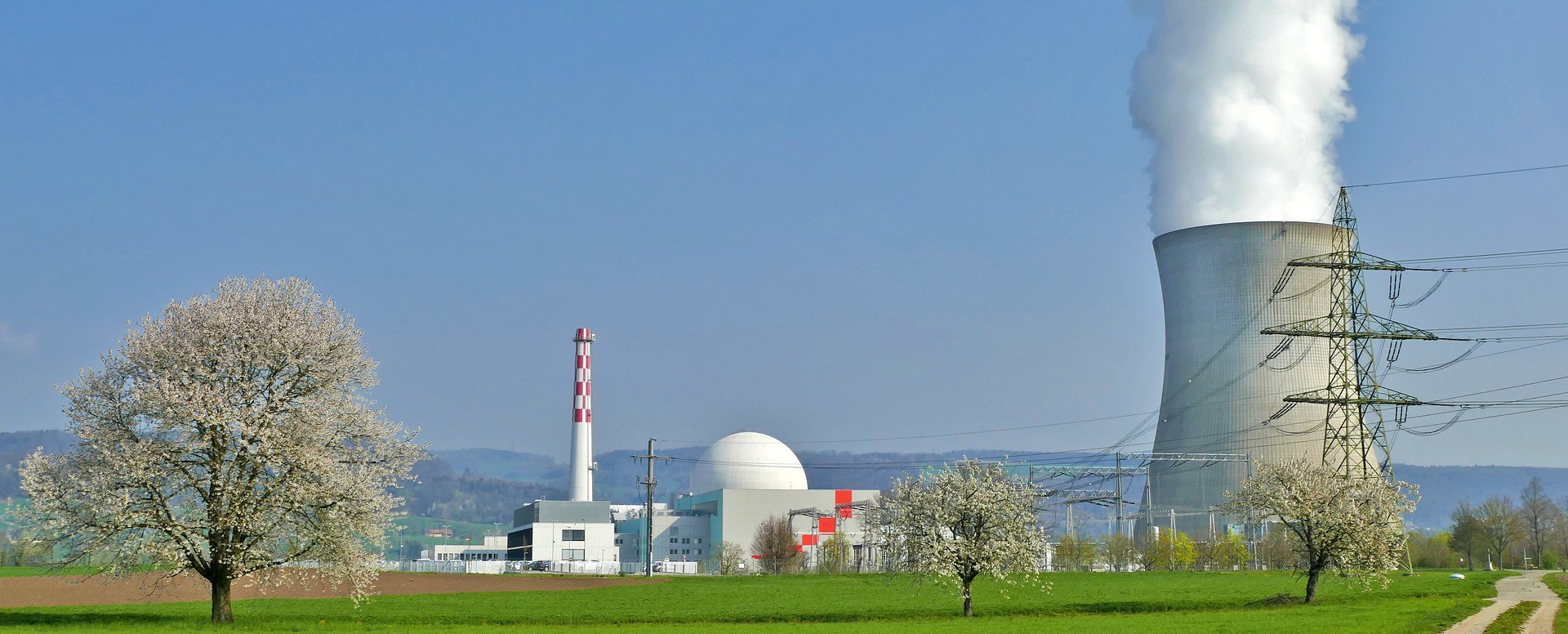Casebook Nuclear Advocacy (2022)
Case-Law on international regulations in the nuclear sector
Advocating against nuclear energy production
In many countries, nuclear power still constitutes an important part of the energy mix. Due to the risks involved in this form of power generation, it can have a significant impact on the environment and society not only in these countries, but also far beyond their borders. Legal proceedings in the field of nuclear energy therefore belong to the core area of environmental law.

© ramboldheiner, Pixabay
The fact that nuclear power generation endangers health and is a threat to nature is no longer a secret. That is why nuclear projects must be subjected to an environmental assessment, under both EU and international law.
Relevant legislation includes:
(Details available under Environmental Procedures)
Within the framework of these assessment procedures, the dangers associated with nuclear power are to be limited as far as possible. Civil society has certain rights to information and control.
On the global stage, for example, the option of lodging a complaint with the Aarhus Convention Compliance Committee (ACCC) is an effective tool for environmental organisations. Public access to information on ongoing proceedings relating to nuclear power is also particularly important here.
In international proceedings on nuclear power plants such as Temelín, Dukovany, Mochovce or Hinkley Point C, ÖKOBÜRO acts either as a complainant itself or has observer status. We regularly prepare reports on relevant meetings or negotiations and record our findings in legal studies. Minutes of international events on nuclear power are available on the International Reporting on Nuclear Procedures page.
Case-Law on international regulations in the nuclear sector
Summary of case-law in nuclear matters
Lifetime Extension of NPPs - Public Participation Toolkit (2022)